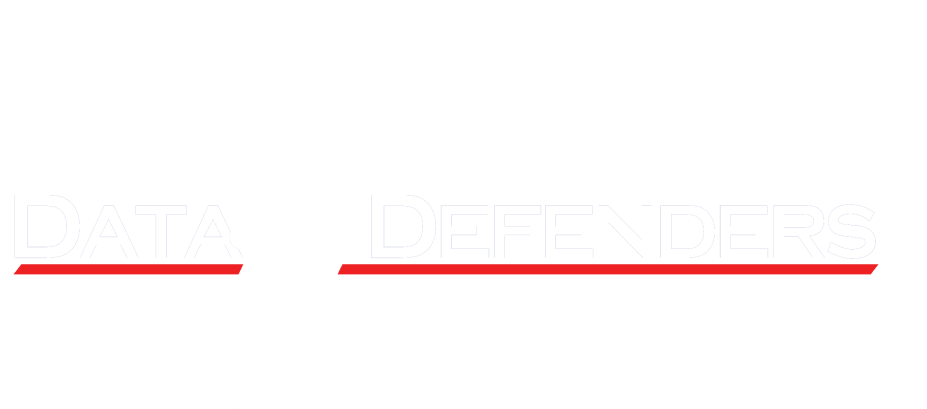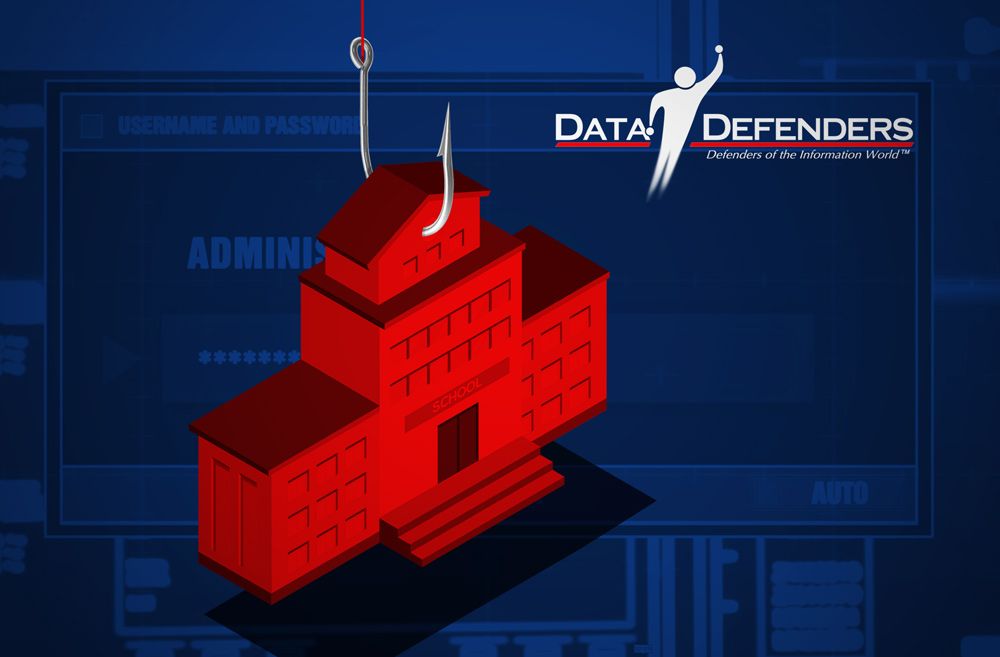Cybersecurity for the Education Sector: Protecting Institutions and Students
Introduction
Educational institutions are increasingly becoming prime targets for cybercriminals. Schools, colleges, and universities house sensitive student data, financial records, and intellectual property, making them lucrative targets for phishing attacks, ransomware, and data breaches. At the same time, the rapid expansion of remote learning platforms and cloud-based educational tools has introduced new vulnerabilities that cybercriminals eagerly exploit.
With limited IT resources, budget constraints, and growing compliance requirements, many educational institutions struggle to defend themselves against evolving cyber threats. However, adopting proactive cybersecurity measures and partnering with a Managed Cybersecurity Operations Provider (MCOP) like Data Defenders can significantly enhance security posture and protect institutions and students.
In this blog, we’ll explore:
- The unique cybersecurity challenges facing schools and universities
- The top threats targeting educational institutions
- Best practices for securing remote learning environments
- Why cybersecurity education for students and staff is crucial
- The role of MCOPs in enhancing educational cybersecurity
Drawing insights from the Aurora Case Study, we’ll also highlight how a proactive cybersecurity approach can safeguard educational institutions from cyberattacks.
Unique Cybersecurity Challenges for Educational Institutions
Educational institutions face distinct cybersecurity challenges compared to other industries due to the nature of their environment, including:
1. Handling Sensitive Student Data Schools store personally identifiable information (PII) such as:
- Student records (grades, Social Security numbers, addresses)
- Financial aid and payment information
- Faculty and staff credentials
A data breach in an educational institution can lead to identity theft, financial fraud, and reputational damage, making data protection a top priority.
2. Limited IT and Cybersecurity Resources Unlike corporate enterprises with dedicated security teams, many schools and universities lack the IT staff and funding needed to maintain a strong cybersecurity defense. This results in:
- Outdated software and legacy systems that are vulnerable to attacks
- Poorly configured security settings in cloud and learning management systems (LMS)
- Slow incident response times
3. Increasing Cyber Threats Targeting Schools The education sector has become a major target for cybercriminals, with attacks such as:
- Ransomware: Schools are often forced to pay ransoms to recover locked data.
- Phishing Scams: Students, faculty, and administrators are tricked into revealing sensitive information.
- DDoS Attacks: Cybercriminals disrupt online learning by overwhelming school networks.
Top Cyber Threats Targeting Schools
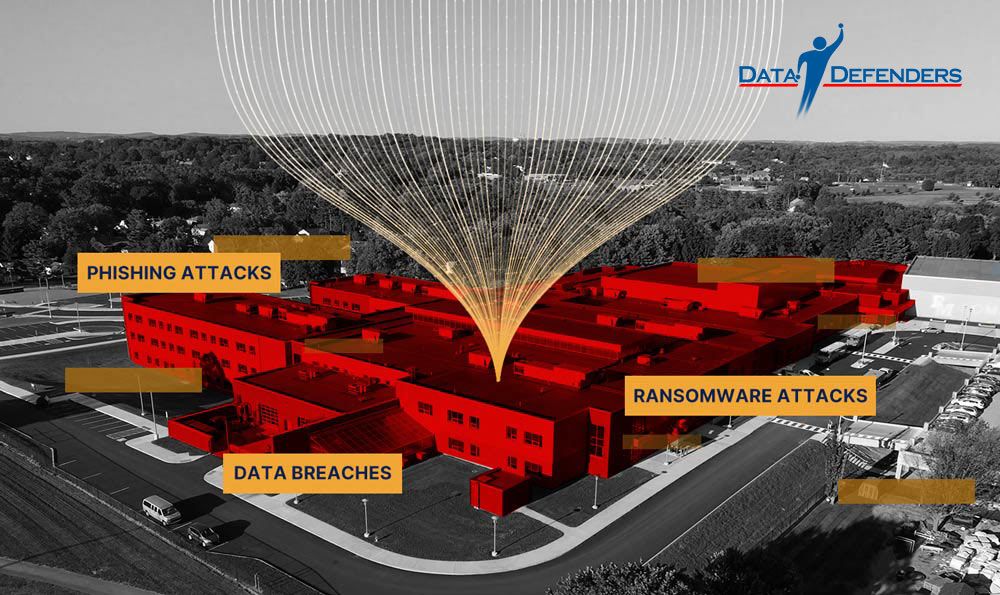
1. Phishing Attacks Cybercriminals send fraudulent emails that appear to be from trusted sources (e.g., school administrators or IT departments) to steal login credentials or install malware.
MCOP Solution: A Managed Cybersecurity Operations Provider (MCOP) like Data Defenders implements AI-powered phishing detection tools and 24/7 monitoring to identify and block phishing threats before they reach inboxes.
2. Ransomware Attacks Ransomware attacks encrypt school data and demand payment for its release. The education sector experienced a significant rise in ransomware incidents, with attacks causing weeks of disruption.
MCOP Solution: An MCOP offers advanced threat intelligence, automated security responses, and backup solutions to prevent ransomware attacks before they cripple operations.
3. Data Breaches Hackers exploit weak passwords and misconfigured cloud storage to access student records, payroll data, and financial information.
MCOP Solution: With multi-factor authentication (MFA) enforcement and continuous security assessments, an MCOP ensures sensitive student and faculty data remains protected.
Securing Remote Learning Environments
The rise of virtual classrooms has introduced new cybersecurity risks. To protect students, teachers, and remote platforms, schools must:
- Use Encrypted Communication Tools: Ensure all video conferencing and collaboration platforms use end-to-end encryption.
- Restrict Access to Learning Platforms: Implement role-based access controls (RBAC) to limit who can access student data.
- Monitor Remote Connections: Deploy AI-driven monitoring solutions to detect suspicious logins from unauthorized devices.
MCOP Solution: An MCOP provides 24/7 security operations to monitor remote sessions, detect cyber threats, and enforce strict access controls for virtual learning environments.
The Importance of Cybersecurity Awareness for Students and Staff
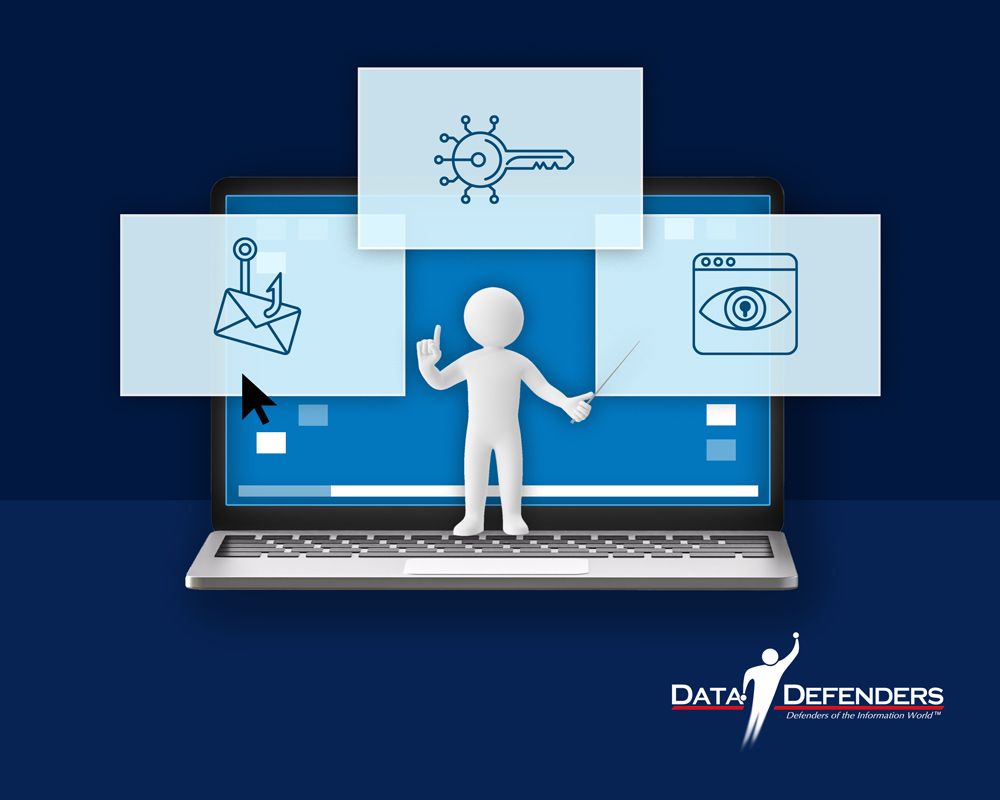
Human error is one of the leading causes of data breaches in educational institutions. Schools must implement ongoing cybersecurity training programs to:
- Educate students on recognizing phishing attempts and social engineering scams
- Train staff to use strong passwords and enable multi-factor authentication (MFA)
- Promote responsible online behavior and digital privacy best practices
MCOP Solution: A Managed Cybersecurity Operations Provider (MCOP) like Data Defenders offers customized security awareness training, simulated phishing exercises, and automated alerts to reduce human-related security risks.
The Role of MCOPs in Strengthening Educational Cybersecurity
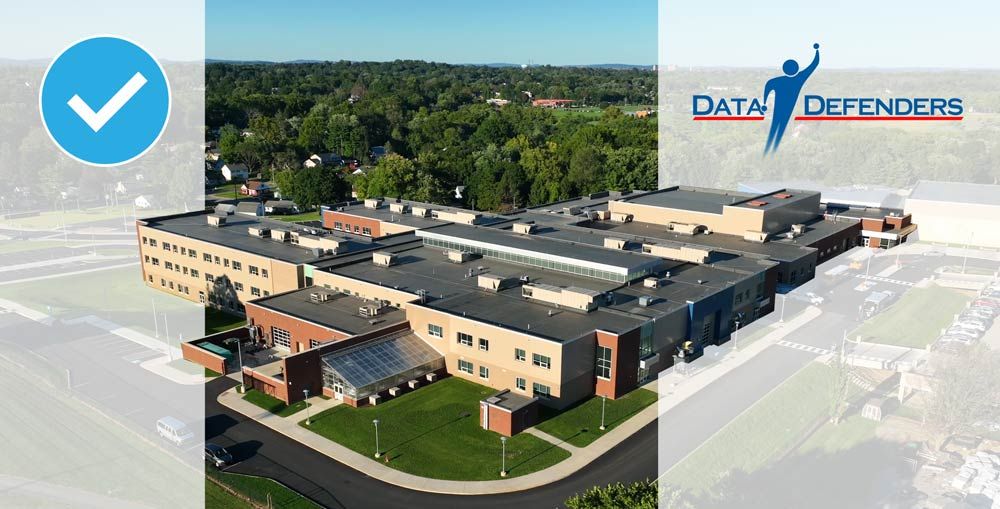
With the increasing complexity of cyber threats, educational institutions must move beyond traditional IT security and adopt a fully managed cybersecurity strategy.
Why Schools Need an MCOP Like Data Defenders: ✔ 24/7 Threat Monitoring & Incident Response ✔ AI-Powered Threat Detection & Behavioral Analysis ✔ Phishing & Ransomware Prevention ✔ Security Training for Students & Staff ✔ Cloud Security & Compliance Management
Through partnerships like the Aurora Case Study, we have seen how municipalities and educational institutions benefit from MCOP-driven security solutions.
Conclusion
Educational institutions face unique cybersecurity challenges, but proactive measures and expert guidance can make a difference. Don’t leave your students and staff vulnerable—partner with a trusted Managed Cybersecurity Operations Provider (MCOP) today. Explore the Aurora Case Study to see how Data Defenders helps organizations enhance cybersecurity resilience. Contact us today to discuss a tailored cybersecurity strategy for your school.
